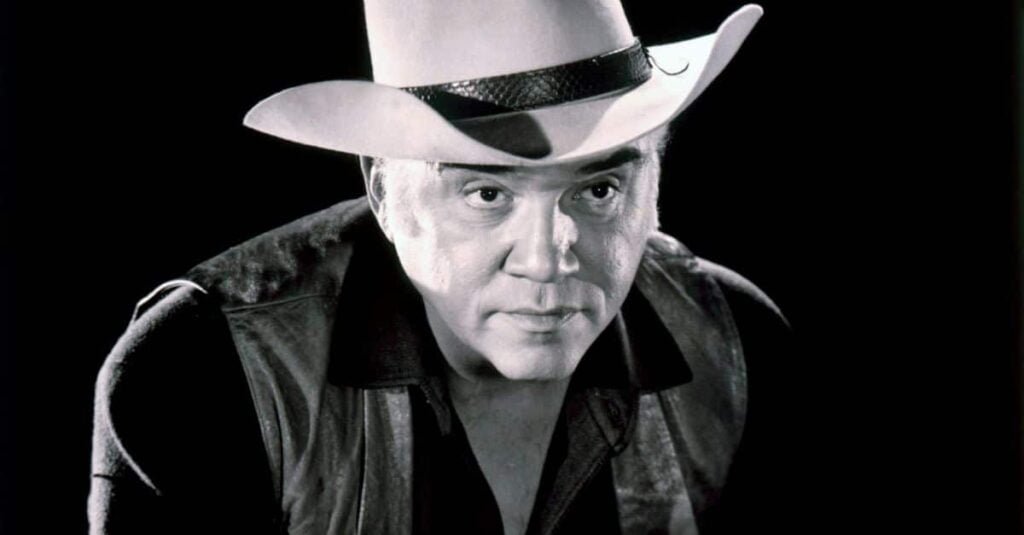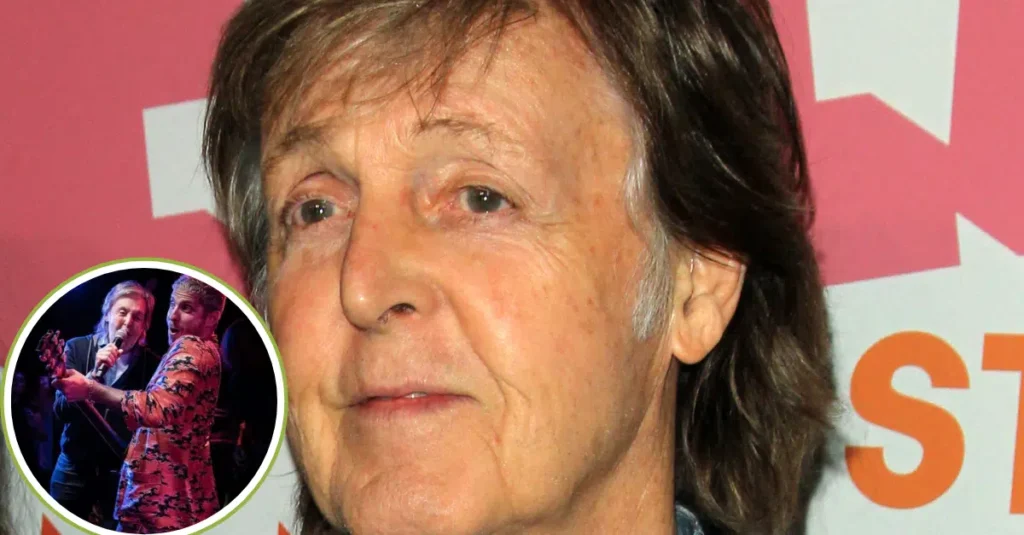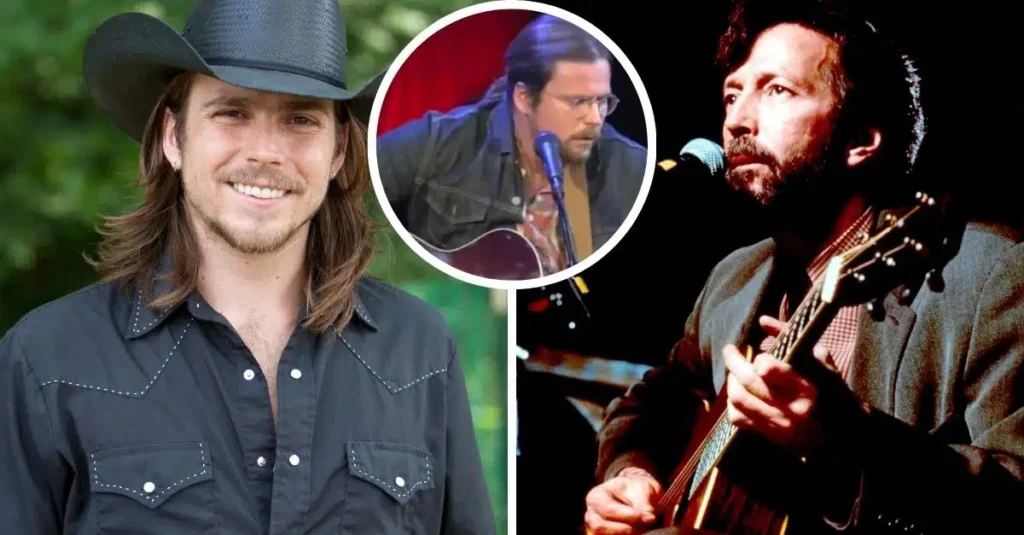Lorne Greene made a lasting impression with his performances on Bonanza and Battlestar Galactica. The strong and spiritual roles allowed him to build a truly commanding presence as an actor. But Greene was also an accomplished musical artist, and his spoken word track “Ringo” received such fanfare that he found himself feeling like one of the heartthrobs from a boy band.
Greene built a career that spanned nearly five decades and saw him become an accomplished radio personality, television actor, and singer. Specifically, he favored spoken word tracks, and he used his success as Bonanza’s Ben Cartwright to develop his music career in earnest. This maneuver was so successful, he found himself living the Elvis Presley experience.
Lorne Greene trotted along the road to musical success with the spoken word “Ringo”
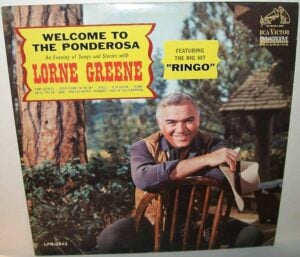
Greene had 14 seasons, filled with 417 episodes, to become the enduring face of Ben Cartwright, leader of the Cartwright quartet in Bonanza. By the time the ‘60s rolled in, Greene was enjoying steady work and equally steady recognizability thanks to this groundbreaking—pun intended—gig.
RELATED: 64 Years Ago, ‘Bonanza’ Premiered, Introducing A Whole Different Kind Of Western
Seeing the unique opportunity, Greene simultaneously put forth a series of country Western and folk music tracks performed in a mixture of singing and spoken word.
Perhaps the most famous of these was “Ringo,” the ballad that was a hybrid of singing and spoken word, which released in 1964 and quickly became the defining hit of the decade. Like a true quality hit of the genre, it told a story effectively, creating the character of Ringo to be a flawed yet real character worthy of the listener’s compassion.
The Voice of Doom becomes the voice of country
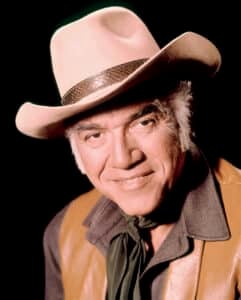
Decades before donning any stirrups for television, Greene used his signature deep voice as a news reader for Canada throughout World War II, earning him the nickname the Voice of Doom. With how effectively “Ringo” cemented his place in music, however, Greene and his voice developed a new reputation.
His fame matched that of music stars from other genres of the age, to the point that his fans were totally filling up the seats at venues, all of them screaming as they would listening to Def Leppard or the Stones.
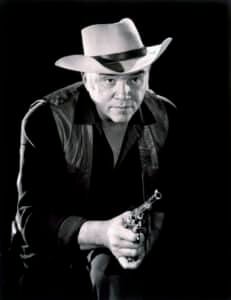
If you were to ask Greene why “Ringo” was such a triumph, he would answer, “The timing was correct” and that it told a story from start to finish. “Greek tragedy has been successful all these years because people have dug it,” he added during a 1964 interview for The Morning Union. “This song has Greek tragedy about it: a man saves another man’s life and thereby dooms himself.” But that magic formula still left Greene to deal with unprecedented levels of success and screaming fans.
“You see a bunch of kids singing, and the audience screaming, but you can’t imagine what it is really like until it happens to you,” Greene reflected on the experience. “I now know why all those teenage idols use big electronic instruments. It’s the only way to hold back the crowd.”
This led him to realize, “How about that? I’m suddenly the Elvis Presley of the Stone Age.”
[dyr_similar slug=“stories”]

